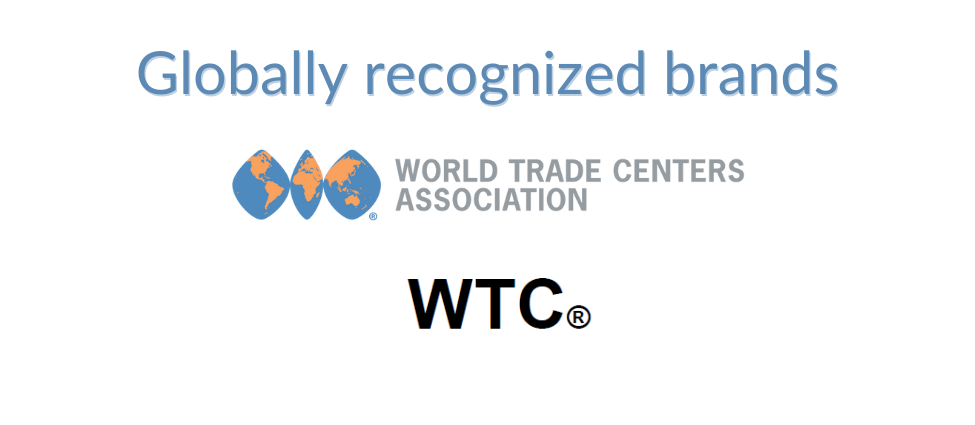
GMP standards in Russia – discussion in WTC Moscow

MOSCOW, RUSSIA On November 11, the World Trade Center Moscow hosted International Conference on «International GMP standard in Russia: problems of harmonization and possible solutions».
The event was organized by the WTC Moscow in conjunction with the Ministry of Industry and Trade, and the Ministry of Health of the Russian Federation. The conference brought together representatives of federal authorities, scientific and expert community leaders and pharmaceutical companies. The participants discussed international experience of implementing GMP standard, ways to apply the best world practices relating to GMP in Russia, training programs for the pharmaceutical industry, as well as aspects of the inspection and expert evaluation of the domestic pharmaceutical industry.
In his opening remarks, Vladimir Salamatov, CEO of the WTC Moscow, emphasized the importance of implementing GMP standards: “We see GMP standard as absolutely clear and effective tool to increase the competitiveness of the Russian economy in general and of the pharmaceutical industry in particular. In the process of Russia's accession to the WTO it became evident that only the products that meet the highest requirements would be bought on the international market. The WTO is a strong incentive to produce high quality products”. He also noted that the Russian pharmaceutical products have a good export potential, according to new research by the WTC Moscow “Working on GMP regulations as a tool to improve the competitiveness of the Russian economy”, the volume of exports of pharmaceutical products from Russia is increasing, given that 33% of exports go to the countries of the Customs Union.
Particular attention was paid to the preparation of qualified personnel for the pharmaceutical industry, which is now experiencing a shortage of staff. Alexey Chekalov, First Vice-President of the “Pharmcontract” Group of Companies, said a few words about the project “Russian pharmaceutical personnel reserve”, which trains personnel in the fields of technology, quality control and production process in the pharmaceutical industry. Valery Beregovyh, corresponding member of Russian Academy of Medical Sciences, Head of the Department of Medical Sciences, agreed with Mr. Chekalov: “Well trained staff and the documents they are writing is the most important issue”.
Director of the Department of “Pharmaceutical and Medical Industry” of the Ministry of Industry and Trade, Olga Kolotilova said that aside from the Russian company-producers of medicines, which scheduled to be completely checked for compliance using GMP by 2018, the Ministry of Industry and Trade in 5 years expects to test plants importing drugs into the Russian Federation.
“The percentage of imports in Russia is rather high at the moment. And it is essential to regulate access to the market of high-quality products. Western countries actively apply the mechanisms of quality conformity of drug supplies to the markets according to these countries requirements. Large scope of work would be necessary to improve the legislation system on the application of such requirements to importers of medicines in the Russian Federation”, - said Sergey Tsyb, Deputy Minister of the Ministry of Industry and Trade of the Russian Federation.
“Actual application of GMP standards in our daily work will allow us to improve the quality of domestic products, to achieve growth of its competitiveness, to expand import substitution, as well as to broaden volumes of Russian products on the foreign markets”, - said Vladimir Salamatov, Director General of the WTC Moscow.
____________________
Starting from 1 January 2014, the pharmaceutical industry in Russia began to work according to the European standards of Good Manufacturing Practice - GoodManufacturingPractice (GMP). It is a package of documents that sets the requirements for all stages of the production of medicines, pharmaceutical substances and active pharmaceutical ingredients: from the requirements for purity of substances, water, auxiliaries and manufacturing quality control to the level of training programs development.
To learn more about WTC Moscow, please visit the source link below:
